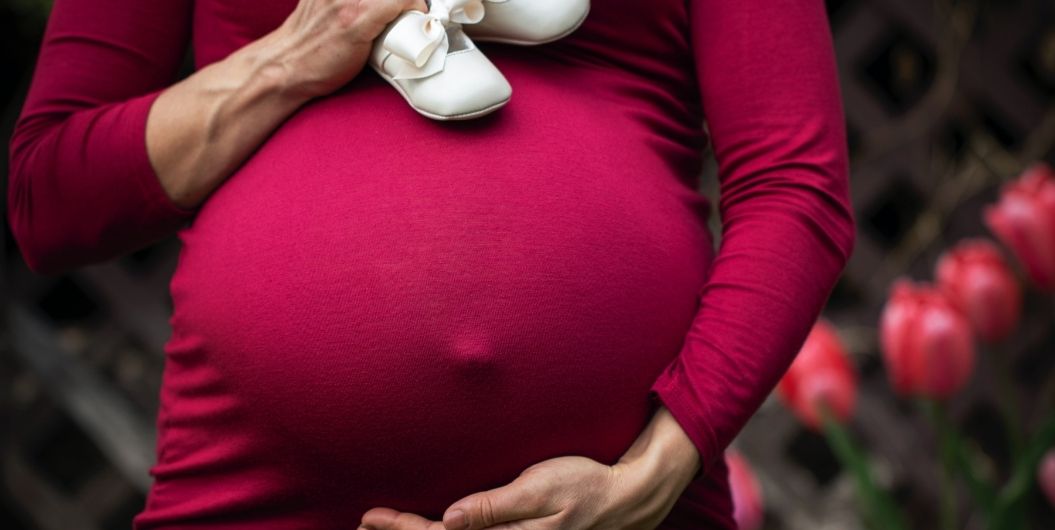Rh Incompatibility

For most women, their bodies serve them well during pregnancy — working as a well balanced and organized baby-making machine. Sometimes, their own body turns against the fetus in cases of Rh incompatibility. The Rh factor is one aspect of how our blood is classified. First, our blood is typed by the type of protein it has, and is either A, B, AB, or O. Additionally, the presence (or absence) of a second protein determines our Rh factor. If you have the protein, you are Rh positive, and if you don’t have it, you’re Rh negative.
The majority of people are Rh positive — approximately 85%. Rh incompatibility becomes an issue when a baby inherits his father’s positive blood, and his mother is negative. By and large, a baby’s blood does not come into contact with his mother’s until delivery. If, during the delivery, the baby’s blood is mixed with his mother’s, and it is absorbed by her body, the process of Rh incompatibility begins. The mother’s body reacts to the protein in the baby’s blood as a foreign invader, and her immune system launches an attack on it by producing antibodies to fight any future invasion by the offending protein.

Typically, Rh incompatibility doesn’t become a complication until subsequent pregnancies, because the body has produced the antibodies with the first pregnancy. If she becomes pregnant, and the baby inherits the positive Rh factor, the antibodies in her blood will attack the second baby’s blood cells once her immune system recognizes the foreign substance. While there is no danger for the mother, this is a potentially serious complication for the baby, since the blood cells are damaged. This results in an extremely low blood cell count, called Rh disease of the newborn or hemolytic. Babies affected by Rh incompatibility may suffer from anemia, heart problems, brain damage or jaundice.
Today, Rh incompatibility is easily treated. During the first pregnancy, if the Rh incompatibility is diagnosed, the mother gets what is, in essence, a vaccine against the proteins that can cause the immune response. She will receive two Rh immune-globulin shots starting at 28 weeks gestation, and the last during the first 72 hours after delivery. The shots ensure that her body won’t make the antibodies should her blood mix with the baby’s at any point during the pregnancy or delivery. If the Rh incompatibility is not noted with the first baby, the second baby may need an exchange transfusion, which is a blood transfusion that replaces the baby’s Rh positive blood with Rh negative blood while still the womb, or after delivery. This is rarely needed now, with prenatal care typically detecting the potential complication early on.
